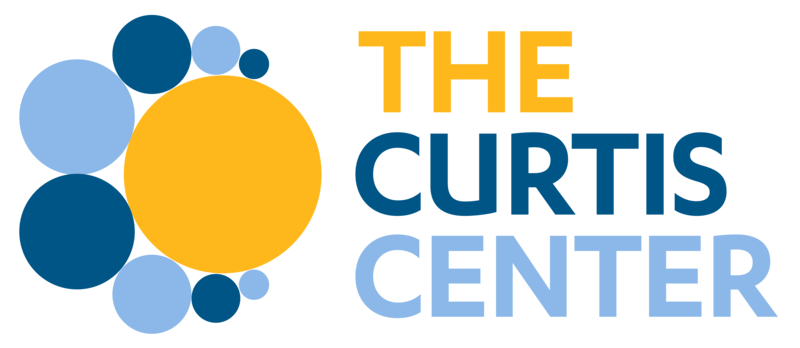Challenge:
The Smarter Balanced Assessment Consortium requested a large bank of performance tasks to be used in state assessments across the country. These tasks are multistep problems that require students to apply their knowledge of mathematics in real-world contexts and to justify their mathematical thinking.
Solution:
The UCLA Curtis Center oversaw all aspects of the creation of the performance tasks including:
- Organizing four in-person item creation conferences with university mathematicians, state and county office mathematics specialists, and K-12 classroom teachers from across the country to gather input, review student work, and share ideas.
- Collaboratively writing, editing, and revising the performance tasks appropriate for each grade level using our online collaboration portal.
- Creating scoring rubrics specific to each task
- Ensuring the contexts and language were grade appropriate
- Field testing the tasks in diverse classrooms across the country
- Working with mathematicians to ensure the mathematical integrity of all tasks
Results:
UCLA delivered 168 performance tasks that are currently being used in the state assessments in California, Connecticut, Delaware, Hawaii, Idaho, Michigan, Montana, Nevada, North Carolina, Oregon, South Dakota, the US Virgin Islands, Vermont, and Washington.
Challenge: Glendale Unified School District wanted to support increased cross-curricular collaboration between mathematics and science teachers
Solution: The UCLA Curtis Center designed a yearlong program that included:
- 50 Glendale math and science teachers attended a 60-hour summer institute in which they engaged in STEM lessons and discussed places in the curriculum where meaningful interdisciplinary collaborations could occur.
- Supporting small groups of teachers in-person as they collaborated on interdisciplinary lessons.
- Overseeing the uploading of these lessons to the UCLA Curtis Center’s online portal where teachers received feedback from mathematics education specialists and research mathematicians.
- Supporting the implementation of these lessons in GUSD classrooms
Results: Over 60 interdisciplinary lessons were collaboratively created and reviewed by mathematicians, teachers, and scientists. One participant remarked that collaborating with mathematicians and scientists online was “the highlight of my entire professional career.”
Challenge:
Downey Unified School District wanted support for their 3rd through 8th grade teachers as they transitioned to the more demanding requirements of the Common Core State Standards.
Solution:
The UCLA Curtis Center collaborated with district leaders on a three-year plan. Each year teachers participated in:
- a 60-hour summer institute aimed at improving teacher content knowledge through hands-on, interactive lessons that showcase the standards for mathematical practice.
- In-person support to help teachers write grade-appropriate, mathematically-strong lessons
- Classroom-based coaching to support teachers participating in a modified Japanese Lesson Study program.
Results:
Independent assessors reported that teachers showed large and statistically significant increases in content knowledge. 93% of teachers reported an increase in content knowledge and 95% felt they were provided with new instructional strategies.


